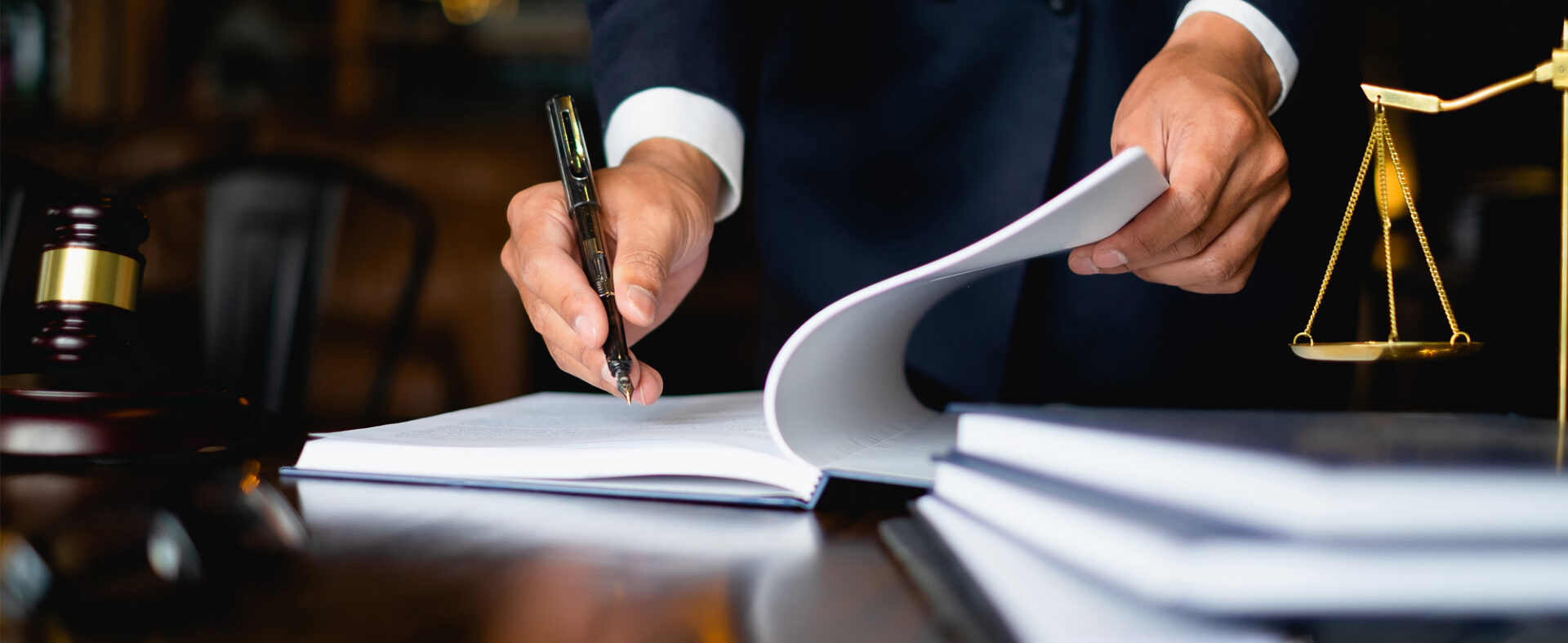MIA is the statutory body established under the Accountants Act 1967 (‘the Act’) to regulate and develop the accountancy profession in Malaysia. MIA operates under the purview of the Ministry of Finance and is empowered by law to regulate the accountancy profession, thus making MIA membership mandatory for those holding themselves out or practising as an accountant. MIA’s responsibilities include training and quality assurance as well as enforcement towards its members to maintain professional competency, credibility of the profession and the protection of public interest.

Disciplinary proceeding against a member can be initiated by way of a complaint from any persons made to the Registrar of MIA pursuant to Rule 3 of the Malaysian Institute of Accountants (Disciplinary) (No.2) Rules 2002 (‘the Rules’) or an Inquiry based on a decision of a court of law pursuant to Rule 18(2) of the Rules or by the complaints from the Financial Statement Review Committee and the Practice Review Committee of MIA.
All complaints made to the Registrar shall fulfil the requirements of Rule 4 of the Rules failing which the complaint will not be processed. Once the complaint is registered, the Registrar will issue a Notice of Complaint (‘NOC’) setting out the particulars of the complaint, inviting the Respondent to give written explanation on the complaint alleged against him and stating whether the Respondent wants to be heard by the Investigation Committee (‘IC’). At this stage, no finding of fact nor investigation is involved but only administrative issuance of NOC based on the complaint/allegation(s) received.
When the time specified in the NOC has elapsed, the Registrar shall refer the matter to the IC for investigation wherein the Respondent will be invited to give written explanation. At this stage, the IC is empowered to request for documents for purposes of investigation from the Respondent and any other member. Refusal of any member of the Institute to comply is an offence and can be convicted. Pursuant to Rule 9 of the Rules, upon investigation, the IC either refers the case to the Disciplinary Committee (‘DC’) with a report stating the IC’s findings or dismisses the complaint.
Once the complaint is referred, the DC will proceed to conduct the hearing against the Respondent giving him notice of the same attaching the IC’s Report stating that the Respondent will be given an opportunity to be heard and can be represented by an advocate and solicitor or a member of MIA. It is important to note that evidence before the DC shall be given orally or if necessary, by way of sworn affidavits. The DC is also empowered to proceed with the hearing if the Respondent fails to attend without lawful notice as provided in Rule 13 of the Rules. The IC will also be given the same opportunity when presenting their case during the hearing. Rule 17 of the Rules gives the DC mandate to regulate its own procedures subject to the Act and Rules. Upon hearing both parties, the DC will determine if the Respondent is guilty of an unprofessional conduct. If found guilty, the DC is empowered to impose combination of punishment(s) as set out in Rule 18(3) of the Rules based on the presented facts, aggravating and / or mitigating points. In cases involving serious misconduct, the DC can remove or suspend the Respondent. In discharging its function, the DC is also mindful that any directions or decisions made must be in line with natural justice.
As for cases initiated by the DC based on a court’s decision involving a member of the Institute pursuant to Rule 18(2) of the Rules for unprofessional conduct, offences relating to fraud or dishonesty or bankruptcy, it is to be noted that no finding of facts nor investigation are involved in the process. Only a due inquiry will be held and if the DC is satisfied with the facts, the DC will proceed to impose appropriate punishment set out in Rule 18(3) of the Rules.
If the Respondent is aggrieved by the decision of the DC, the member may within 21 days upon receipt of the decision of the DC appeal to the Disciplinary Appeal Board (‘DAB’) by giving a notice of appeal stating grounds of appeal together with the payment of costs imposed by the DC. Failing to pay the costs shall invalidate the appeal made to the DAB. It is to be noted that the appeal will be heard by way of written representation only. By virtue of Section 21(3) of the Act, after deliberation of the appeal, the DAB is empowered to confirm, reverse or vary the decision of the DC. The decision made by the DAB is final.
The decision of the DAB can only be challenged by way of a judicial review proceeding filed in the High Court by virtue of Order 53, Rule of Court 2012.
In a judicial review proceeding, the courts generally will not interfere into the merits of the matter but rather preside to determine whether the whole process of the disciplinary proceedings were lawfully held according to the Act and Rules. Judicial review application must be filed within three months from the communication of the DAB’s decision that is sought to be challenged (Para.1 Court of Judicature Act 1964 & O.53 r.3(6) of the Rule of Court 2012).
Prepared by,
Secretariat
Disciplinary Committee
Malaysian Institute of Accountants







